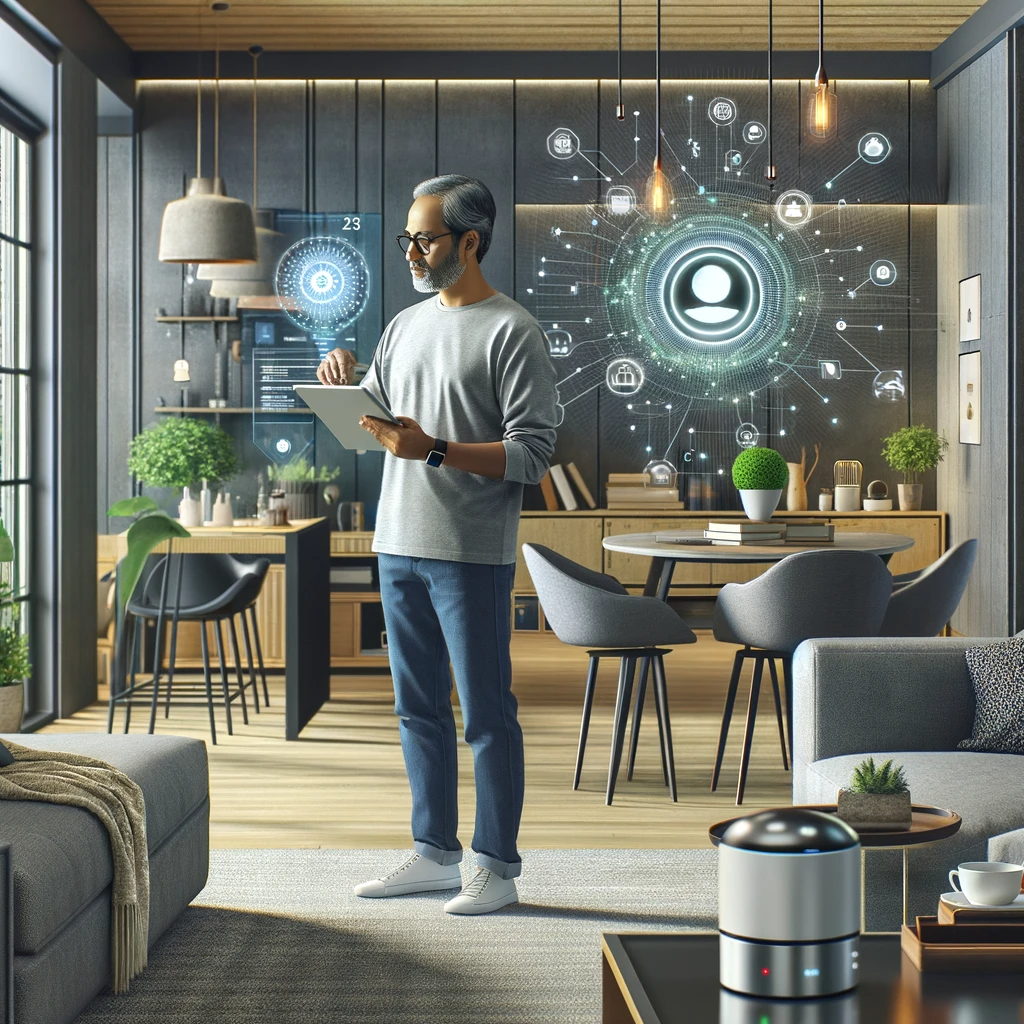I have been witnessing a remarkable trend in the growing impact of Artificial Intelligence (AI) on the global economy. In the coming decades, it is estimated that AI will account for no less than 25% of the Global GDP. This shift is significant not just in numerical terms but also marks a milestone in the Evolution of AI.
Impact on Various Sectors
Artificial Intelligence is not just a science fiction concept. Today, it is transforming industries and economic sectors in ways we are only beginning to understand. From healthcare to agriculture, and from manufacturing to financial services, AI is revolutionizing how we operate and interact with the world.
In healthcare, for example, AI is aiding in diagnosing diseases more accurately and quickly. In agriculture, it optimizes resources and improves production. Every sector touched by AI experiences a qualitative leap in efficiency and productivity.
Demystifying Artificial Intelligence
It’s important to understand what Artificial Intelligence is. Far from being an omniscient entity, AI is essentially a set of algorithms and programs designed to process information and make decisions based on that information. Its evolution has been exponential in recent years, explaining its growing impact on the Global GDP.
The Economic Impact of AI
The Economic Impact of AI is multifaceted. It not only increases efficiency and reduces costs in existing industries but also creates new business and employment opportunities. At the same time, it presents challenges such as the need for labor retraining and managing ethics in automated decision-making.
The Evolution of AI and Its Challenges
The Evolution of AI is not without obstacles. One of the biggest is ensuring that its development and application are ethical and responsible. This involves creating systems that are transparent, fair, and do not perpetuate existing biases.
Future Technologies and AI
Looking towards Future Technologies, it’s clear that AI will play a central role. We are on the brink of an era where cars will drive themselves, medical diagnostics will be largely automated, and personalization in marketing will reach levels never seen before. All this, driven by AI.
AI in Our Daily Lives
Perhaps the most fascinating aspect of Artificial Intelligence is how it is becoming integrated into our daily lives. From virtual assistants on our phones to recommendation systems on streaming platforms, AI is becoming more and more present, shaping our daily experiences and choices.
Preparing for the Future
It is crucial that, as a society, we prepare for this AI-dominated future. This involves education and training in new skills, as well as a focus on the regulation and ethical control of these technologies. The Evolution of AI must go hand in hand with human progress.
The Role of AI in the Global Economy
The growth of the Global GDP driven by AI reflects how this technology is redefining the value and structure of our economies. Companies that adopt AI are seeing an increase in their competitiveness and efficiency, which in turn drives economic growth globally.
Towards an AI Future
In conclusion, Artificial Intelligence is not just a technological tool but a driver of change and progress. Its impact on the Global GDP and its role in Future Technologies compel us to rethink how we relate to technology, how we work, and how we live. The Evolution of AI is undoubtedly one of the most important stories of our time.


